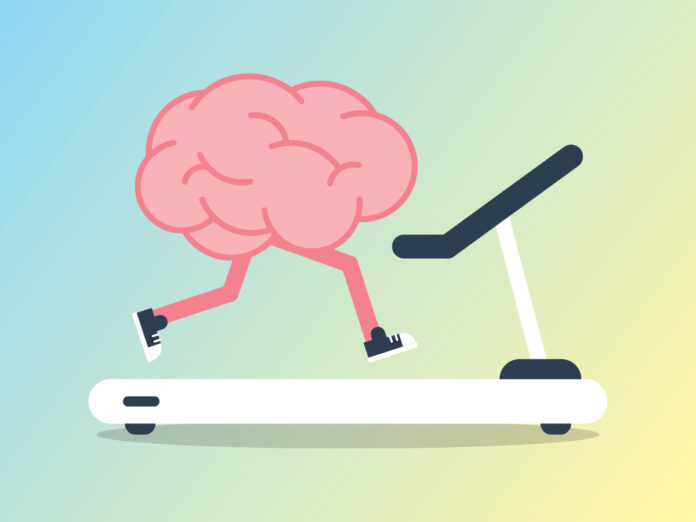
Athletes have always known that exercise makes you feel better both physically and mentally and runners everywhere talk about the ‘runners high,’ a feeling of wellbeing and euphoria that comes during a run. But now, scientists are taking a serious look at physical activity and its positive impact on mental health.
It’s often said if the positive effect of exercise could be manufactured in pill form, it would be the one of hottest drugs on the market. Moderate to high intensity exercise such as running, has been proven to have antidepressant and anxiety-reducing benefits. It is beneficial in conjunction with drug therapy or as a surrogate, stand-alone treatment for mental health issues including anxiety and depression. But why does exercise have this effect?
As you exercise, your body temperature rises, your heart rate and blood pressure increase and other changes also occur in your body. Similar symptoms may also occur with an episode of anxiety. One theory is that if you are exposed to these physiological changes during exercise, you will be less stressed when they occur due to anxiety, because they are familiar body responses.
There are a number of other explanations for the complex question of how exercise benefits mental health. When your body responds to the demands of physical activity, a number of things occur that likely all contribute to an overall sense of well-being. Neurochemicals such as dopamine, associated with pleasure and reward, are elevated. Similarly, serotonin, which surges with exercise, plays a key role in mood regulation.
A long-held belief is that endorphins, produced in the pituitary gland and central nervous system, bind to opioid receptors inhibiting pain signals and potentially generating a sense of euphoria. This is one explanation for the familiar ‘runner’s high.’
More recent research reveals involvement of the endocannabinoid system during physical activity. Naturally occurring cannabinoids and activation of their receptors with exercise appear to coincide with improvements in mood. Brain-derived neurotrophic factor, BDNF, a molecule responsible for nerve growth and survival, which is typically low in depression, is significantly elevated following exercise.
Regardless of the predominant mechanism, the possibility to treat anxiety and/or depression with exercise is both exciting and empowering.
While the physiological and psychological processes of exercising and their effects on mental health are complicated, what we do know, is high intensity exercise like running is far more potent for developing overall physical and mental resiliency than anyone realized.
So don’t feel guilty heading out for a lunch time run … exercise is but a necessary indulgence!















